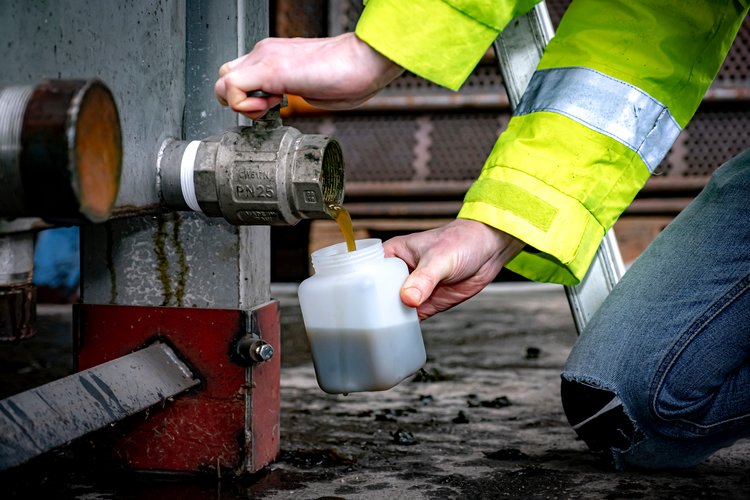Why is this important?
Anyone can take a piece of seaweed and research its components. But if the way of tearing, cutting or grabbing the seaweed varies, the research results may differ and not be comparable. In further professionalizing the seaweed sector, standardizing sample methods are needed to build reliable research outcomes. Standardized sampling methods are common practice in the research world to reduce possible biases or confounds in the sampling process, thereby increasing reliability of the research results. By creating a sampling protocol, it is easier to compare seaweed quality throughout the Netherlands and work towards high-quality and safe seaweeds.
What were the objectives?
- Create a standardized methods for sampling Dutch seaweed
- Develop a sampling protocol for offshore, nearshore and onshore Dutch seaweed
- Monitor and analyse nutrients, components and pollutions of two harvesting seasons in order to create a benchmark for food safety and quality of Dutch seaweeds
What did we do in this project?
In this project North Sea Farmers addresses the question: where and how do we acquire food samples safely ? Also, as a sector organisation, we engage farmers and connect them to research institutes to jointly develop the knowledge needed for this project.
What are the results?
Who else was involved?
Ministry of Agriculture, Wageningen Food Safety research
Finance: €12.500 (phase 1) + €17.500 (phase 2)
Partners: 3 from the Netherlands
Time: 01/ 2018 - 12/2021
Contact: eef brouwers
Photo: by North Sea Farmers
